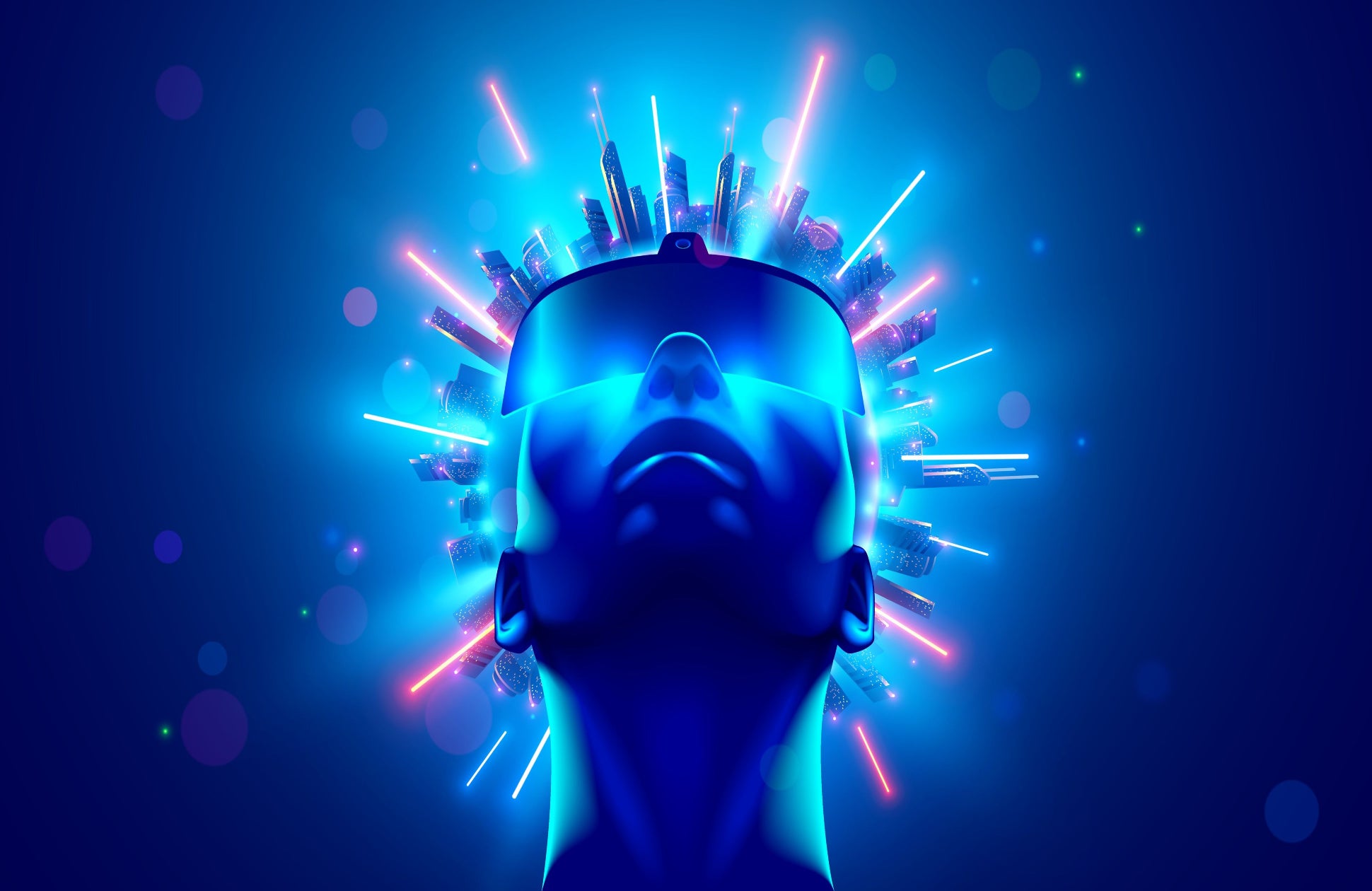Palmer Luckey, the creator of the Oculus headset, is claiming to have invented a killer virtual reality headset, called NerveGear. The headset is described in Luckey’s blog as an “incredible device that perfectly recreates reality using a direct neural interface that is also capable of killing the user.”
This VR headset ties the fate of the gamer to their in-game avatar, meaning that if you are killed in-game, then the VR hardware would release three mini explosions attacking the neural network of your brain for the ultimate ‘game over’. While still in its nascent research phase, this VR invention obliterates the line between the physical and virtual worlds. It also raises a key problem facing game developers; the need to make games more exciting. In wider entertainment, audiences and gamers alike are becoming more desensitized to the content that they consume.
NerveGear takes health issues related to gaming to another level
The creation of a killer NerveGear VR headset appears to be an extreme manifestation of the ambition to get hearts racing and, ironically, to feel more alive.
However, since its conception, video gaming has been called out for its potential negative health consequences. The World Health Organization has classified ‘gaming disorder’ as an addiction-related illness that more often impacts individuals already suffering from mental health issues such as depression, anxiety, and ADHD.
The American Psychological Association identified nine criteria related to internet gaming disorder (IGD): abnormal preoccupation, withdrawal, tolerance, loss of interest in other activities, downplaying time spent on games, loss of relationships, educational, or career opportunities, gaming as a distraction from negative mood states, and a lack of control. Lastly, continuing to game despite psychological problems such as the ones listed above.
Despite this, IGD is yet to have a significant societal impact. According to the American Journal of Psychiatry, 0.3% to 1% of Americans might suffer from this illness, and this minimal figure suggests that the fear is mostly unsubstantiated.
Desensitization to virtual violence and parental fears
While there is no conclusive evidence that exposure to violent images in media and extreme violence in games leads to an overall desensitization to said violence, it has been a concern for years among those who worry about the negative impact of gaming on young people.
For example, audiences who watched the fourth season of Stranger Things were transported to the 80s, when the world-popular game Dungeons & Dragons (D&D) was deemed a Satanic cult by fundamentalist Christians for including motifs of witchcraft. Campaigns against this popular role-playing game included the belief that when your character died you were also likely to commit suicide. This was unsubstantiated, just like the fear around video games in the twenty-first century.
Governments worldwide have amped up gaming regulation
The potential negative social impact of gaming led Chinese regulators to freeze the approval of new domestic online game licenses in March 2018 and limit playtime for minors in August 2021. Many countries also ban games with alleged elements of self-harm, such as The Witcher 3: Wild Hunt and Assassin’s Creed, which were both banned in Saudi Arabia for supposedly being a part of the now-discredited Blue Whale phenomenon. Video games also face scrutiny for their depictions of violence, such as Manhunt 2, which was banned in several countries.
NerveGear is in a different league
As gaming becomes ever-more popular, there will be a greater focus on mitigating the negative side effects of this popular pastime.
Palmer Luckey’s killer VR is arguably in a different league to the 80s hysteria surrounding D&D, with more potentially deadly consequences. Though little more than an art piece at the moment, it speaks to wider concerns as games become more violent, realistic, and immersive to meet the growing demands of gamers. However, more research needs to be carried out into violent games before said violence is amped up in games and in the metaverse.







